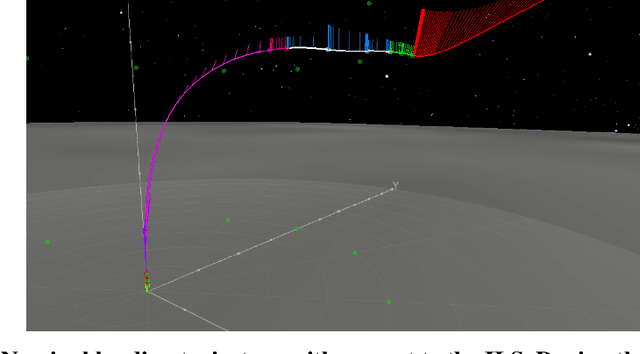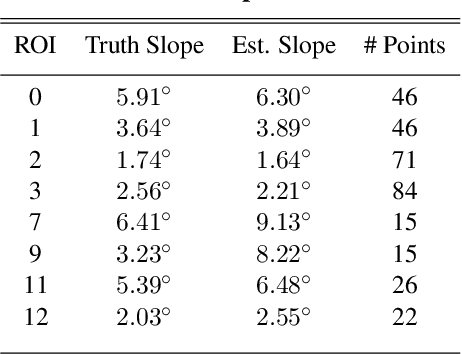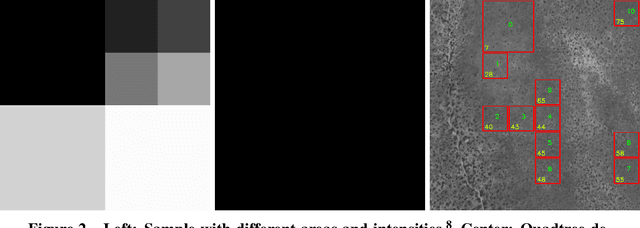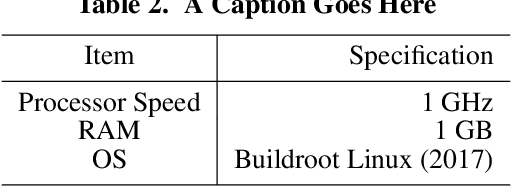Hazard Detection And Avoidance For The Nova-C Lander
Paper and Code
Apr 01, 2022



In early 2022, Intuitive Machines' NOVA-C Lander will touch down on the lunar surface becoming the first commercial endeavor to visit a celestial body. NOVA-C will deliver six payloads to the lunar surface with various scientific and engineering objectives, ushering in a new era of commercial space exploration and utilization. However, to safely accomplish the mission, the NOVA-C lander must ensure its landing site is free of hazards larger than 30 cm and the slope of local terrain at touchdown is less than 10 degrees off vertical. To accomplish this, NOVA-C utilizes Intuitive Machines' precision navigation system, coupled with machine vision algorithms for scene reduction and landing site characterization. A unique aspect to the NOVA-C approach is the real-time nature of the hazard detection and avoidance algorithms--which are performed 400 meters above and down range of the intended landing site and completed within 15 seconds. In this paper, we review the theoretical foundations for the hazard detection and avoidance algorithms, describe the practical challenges of implementation on the NOVA-C flight computer, and present test and analysis results.
 Add to Chrome
Add to Chrome Add to Firefox
Add to Firefox Add to Edge
Add to Edge